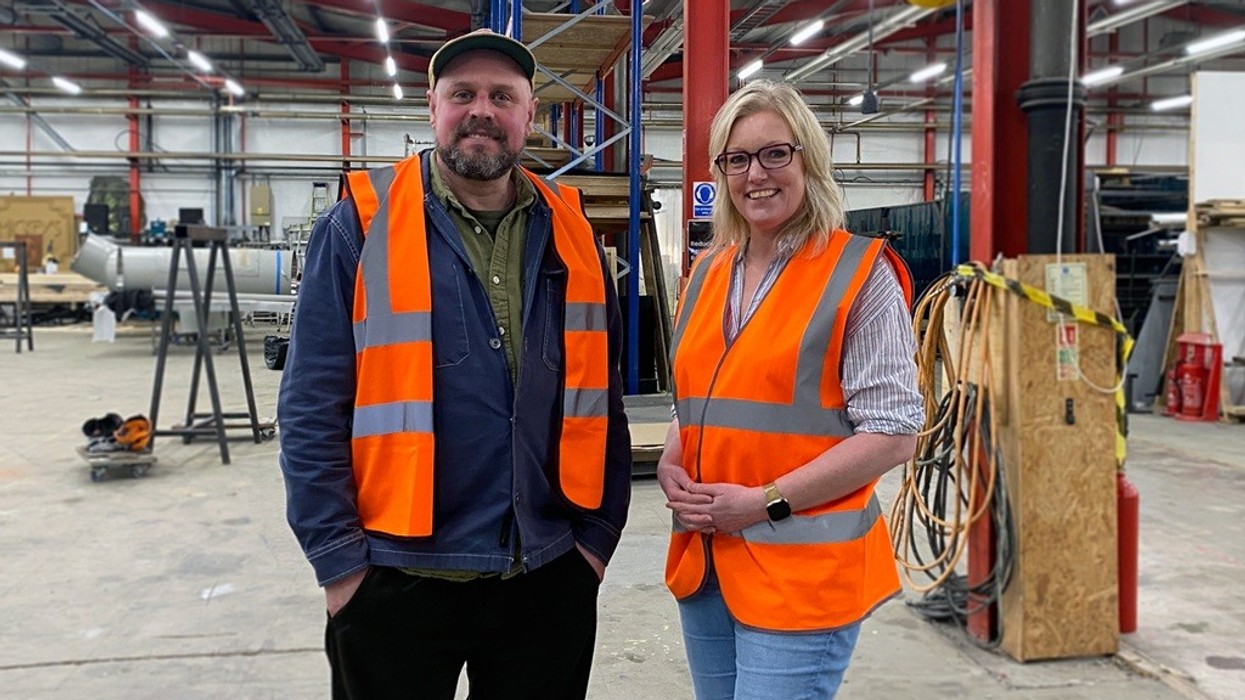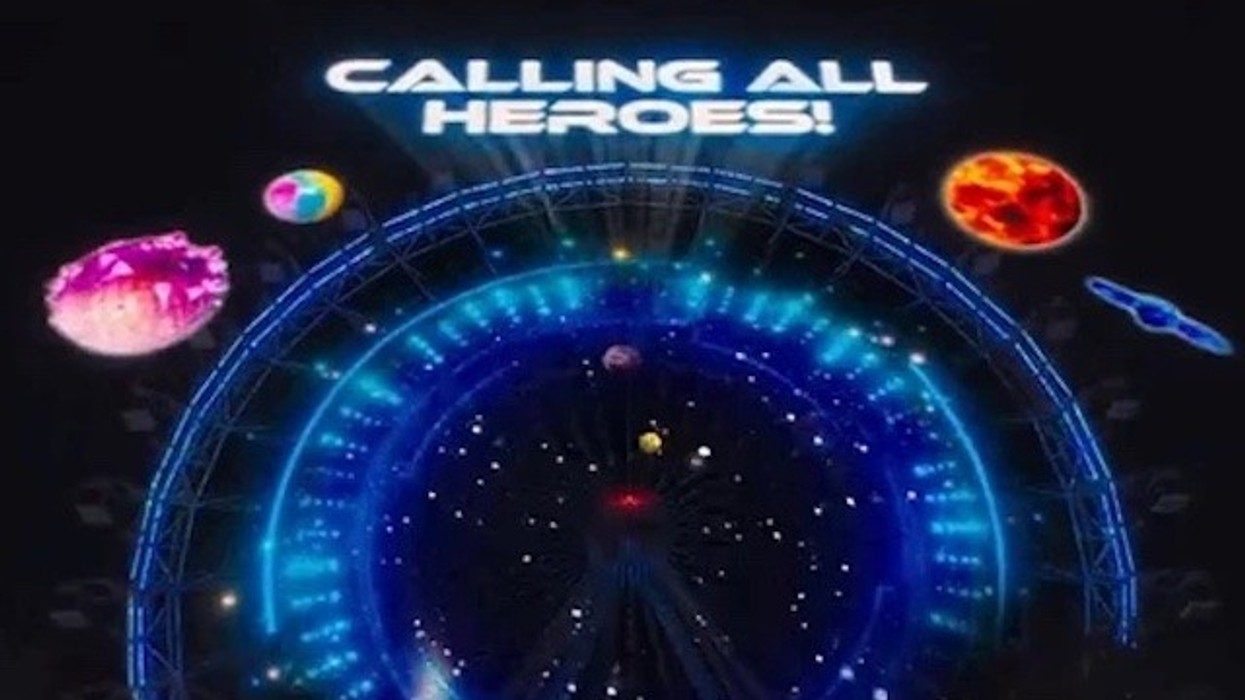The way that businesses, and visitor attractions, market themselves has changed dramatically in recent years. Experiential marketing, otherwise known as event marketing, is the process of offering the consumer an engaging experience, rather than getting their attention through traditional marketing methods like TV, radio or billboards.
Epic Entertainment Group, a full-service production company that focuses on creating live, immersive, branded location-based entertainment, has been working in the field of experiential marketing since its inception in 2016. To learn more about the concept and the drivers behind it, and to get some top tips on what makes a successful brand experience, we speak to the firm’s founders and managing partners, Steve Sheldon and Charity Hill.
Bringing a marketing perspective
Introducing Epic Entertainment Group and outlining what makes the company different, Sheldon says:
“We provide any level of service, from full-service turnkey down to more tailored custom solutions, depending on the needs of our clients. We pride ourselves on being able to fit in wherever their needs may be. That could mean the full package or coming up with whatever piece of the puzzle is missing.
“Both Charity and I have marketing backgrounds, so we come from that perspective. We come into each project with a 30,000-foot view. We can look at what the holistic approach could and should be for each client and each opportunity. And sometimes we're able to point out certain things and opportunities that clients might not see, just based on our experience.
“We also lean heavily into story and using story to create those experiences and overlays, to create a better guest experience.”
Hill says that another aspect that makes Epic unique is the firm’s ability to monetise events, using them as opportunities to marry the brand story with the experience and translate that to the guests. The team also brings a diverse set of skills, she adds. This includes some that other agencies and production companies often have to outsource:
“We are marketers, we are producers (and when we say producers, we are boots on the ground), we are operators, we are finance people. We run the gamut of what is necessary to create these experiences, and we can do it under one roof.”
What is experiential marketing?
The key point, when it comes to defining experiential marketing, is that it is authentic, says Hill:
“It is introducing a brand through an immersive, authentic way; it's not a billboard or a poster or a radio ad, simply telling people what and who you are. It is allowing your consumer to experience your brand and create brand affinity based on their personal experiences. That is the most authentic expression of what we can do today to create brand awareness. And I think that it is the way of the future.”
Today’s consumers are seeking authenticity. They want to believe in a brand and see how it fits into the identity and fabric of who they are.
“The best way to do that is to tell that story, through immersion and experience. This takes marketing from something that is two-dimensional and raises it into something that is three and four-dimensional.”
Sheldon adds:
“It is the opportunity to create connection, versus just pushing out messaging. I think that is how we build long-term brand affinity and brand awareness, and ultimately drive revenue, drive sales or drive visitor numbers; whatever the client may be interested in.”
Consumer demands drive change
This evolution in marketing has been happening gradually over the past decade, driven by consumer expectations. The global pandemic only served to speed up the process.
“We were trending toward consumers being more demanding and discerning in terms of what they were looking for even pre-Covid,” says Sheldon. “Now, post-pandemic that's been exacerbated even further. People are looking for experiences. They're craving connection and looking for opportunities to escape, to immerse themselves in a different world or a different environment."
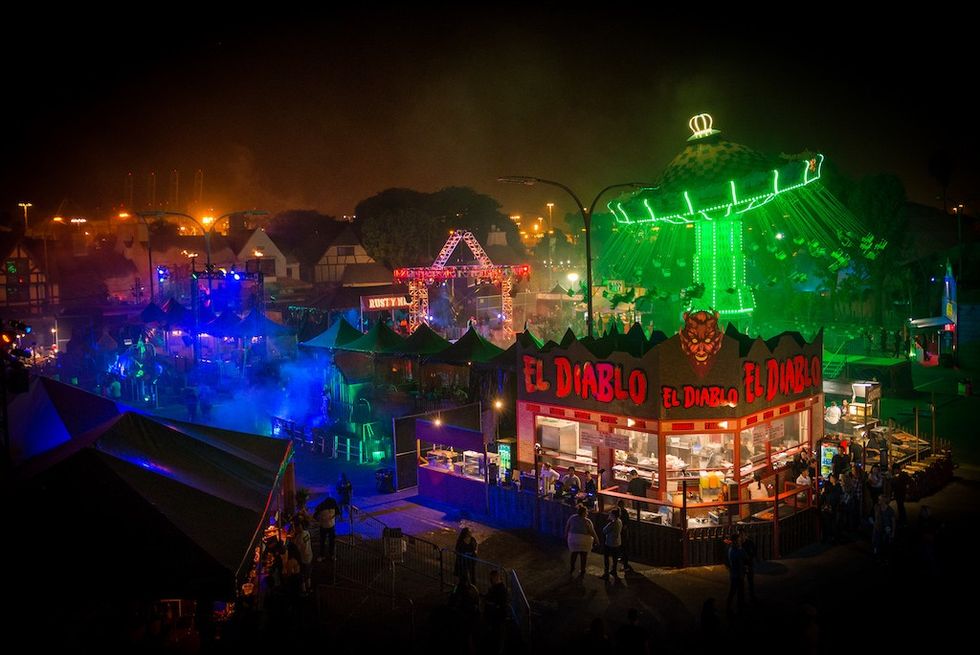
“People are willing to get on board with that suspension of disbelief. They are happy to walk into a story and be present in it. But at the same time, they are also more demanding in terms of what they want to get out of it. They want it to be fulfilling, they want it to be enjoyable and authentic. Also, they want to have a feeling of exclusivity, and they want to feel like it's tailored to them.
“Consumers are driving this movement, but they are also being discerning in where they're choosing to spend their dollars. So it's a really interesting environment.”
The impact of the pandemic
Hill says that the Covid-19 lockdowns also changed many people’s attitudes towards their work-life balance:
“The pandemic forced everyone to be introspective, and what they're realising is that it's really only America that works at the pace that we work. We want to say we work hard, play hard, and that's how we explain away the number of hours that Americans work. Then the pandemic made us look at what is important to us and why we're working so hard. It helped us to realise that, if we're going to work so hard, then we should be able to enjoy it too.”
The economy is also playing a large part in this trend:
“People are looking at how they spend their money, and how they can maximise that money across all levels and areas of their lives. The pandemic narrowed the focus of what's important to people. And it turns out that experiences with friends and family are more important to them than, say, a fancy car or an expensive plane ticket. Instead, people are looking more towards things like road trips, finding attractions nearby that they can all enjoy and remember over time.”
Traditional retail vs. pop-up events
The decline of the retail mall has also contributed to the rise of experiential marketing. Now that things can be bought with a click of a button, consumers want new ways to connect with the brands that they love
“There was a time when if I wanted a pair of Nikes, I had to go to a mall or a Nike store, try on the Nikes and then purchase the ones I liked best in said store. Now if I want a pair of Nikes, I open up a website and click purchase. I have no affinity per se. The affinity that is there is with the branding that was built from ago. I'm just clicking and purchasing, I have no experience with that brand anymore. We've taken away that personal touch of brand affinity."

“Now that we don’t have the same mall culture, there have got to be other ways to engage that consumer. That's where you start to see all these brand pop-ups because they realise that they are losing that personal touch point. One way to get that back is to create pop-up stores, to encourage that community affinity.
“You’ll also notice that most of them are community driven. I think that also has a lot to do with it. One of the best ways of marketing your brand, especially something that is permanent like a resort or a theme park or something that is tangibly physically in a location, you have to get out into the community.
“At the end of the day, you will cement your brand in the hearts of your consumer if it's community-driven, if it's going to benefit the people that love the brand.”
The importance of authenticity in experiential marketing
Authenticity is, as Hill and Sheldon explained, the key to a successful experiential marketing activation. Without authenticity, the experience can feel somewhat flat, or soulless. But how does the team ensure that it achieves this?
This is where story comes into play, says Sheldon: “We tend to start with story and really dive into that. We love to create those more intimate experiences or micro experiences. Diving into more detail, providing opportunities for people to further engage beyond that surface level if they choose to, is really where we have found our sweet spot.”
They have found that the further they go with the story of the experience, the further people are willing to go with them, he adds:
“I don't think we've ever created micro experiences that people haven't immediately clicked on to and wanted to jump on board with. When you create that additional level, a lot of people will jump on board with you. So, the more you can create those additional opportunities for engagement, the more impactful the experience becomes.”
Creating something meaningful
“The other thing too is, when we look at entertainment vs. education, they can run side by side with each other,” says Hill. “You can educate and inform people in a meaningful, creative, engaging and exciting way. I think there's a lot of missed opportunities there.
“When we go into a city or a brand, the first thing we do is research. There are layers upon layers that have to be researched. In knowing our local audience, knowing the demographic and knowing the history, we find a way in. We find a story that is entertaining, but also educational."
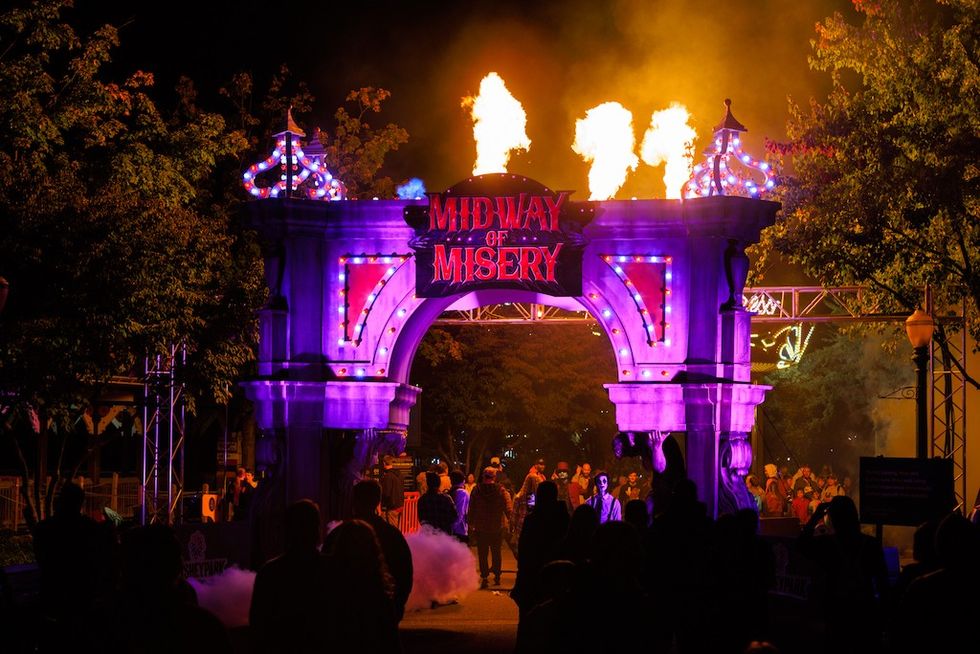
“I feel like in this world we are faced with so much separation of who each of us is. And the more we can educate and bring ourselves together as one unit, the happier we will be as humankind. So, we are always seeking that common thread, that commonality that binds us all together through different generations and different cultures. If we can create a story or uncover the story that's already there, then we're miles ahead of the game already.
“We’re expanding the audience and educating people along the way so that they leave feeling fulfilled, and that they have experienced something with meaning and value.”
Experiential marketing & the value of shareable moments
Bringing together marketing and entertainment brings so many benefits for attraction operators. In fact, Hill says it makes much more sense for them to be combined than it does to keep them in silos:
“Why separate marketing budgets from entertainment budgets when you can check the boxes of both departments in one go? They don't have to be separate. For instance, you don't have to have a budget for influencers, when you can turn every single event goer into an influencer for your brand in real time. Why would you pay for that separately, and in doing so end up with something inauthentic?"
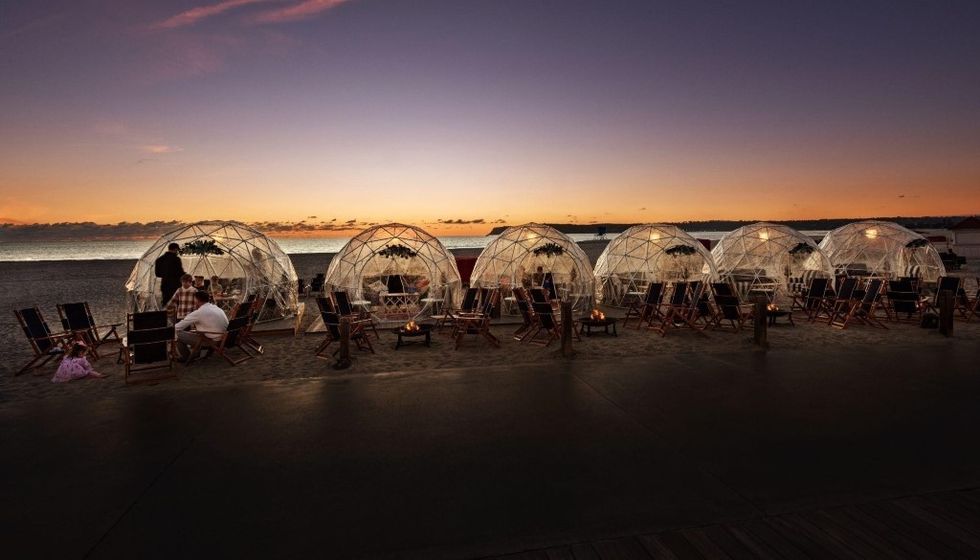
“There are so many ways that marketing and branding and events come together. Your dollar will go so much further if you combine the two.”
Shareability is one of the keys to this success:
“Something like 98% of people share live while attending an event about a specific brand, so there's nothing more authentic. There are not enough marketing dollars to pay for that experience that you're getting authentically in real-time.”
The wider benefits for operators
It’s not just about creating feel-good moments for guests, however. Experiential marketing can help attractions operators to boost revenue, build their brand and generate loyalty.
“The conversion rate from potential consumer to customer is three to four times bigger with those who participate in experiential marketing and events when compared to traditional marketing,” says Sheldon.
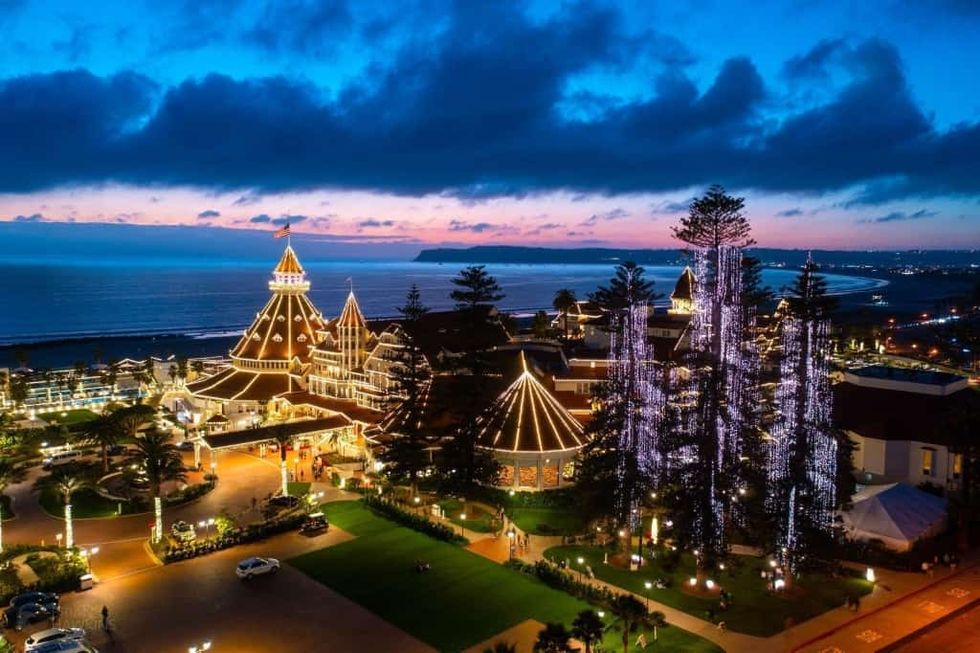
“It’s about getting people in front of and engaged with the product, whatever that product might be, and building that brand awareness and affinity in real-time, whether it's a restaurant or a resort property. The idea is always for the consumers to be able to touch and feel and taste and experience whatever that end product is.
“We dive in based on what the needs of the customer are, and that changes even just in the world of resorts and hotel properties. Sometimes they're looking to do different things at different times. Are they looking to put heads in beds? Or are they looking to bring a transient audience for daytime and evening use of their restaurants during a specific need period? Are they looking to just raise the overall awareness and brand affinity of their property as a whole?
"We can specialise and look at what is it that they want to accomplish and how we can best help them to do that.”
Experiential marketing has a long-term impact
Events have a long-term, residual impact, he adds:
“Traditional marketing is intended to create an immediate impact and an immediate result. However, experiential marketing is effective at driving that long-term residual impact. This could just be additional awareness. It could be the fact that you got to experience something at the property and then you saw that they have these five other things that you want to experience another time. It's driving long-term foot traffic and awareness."
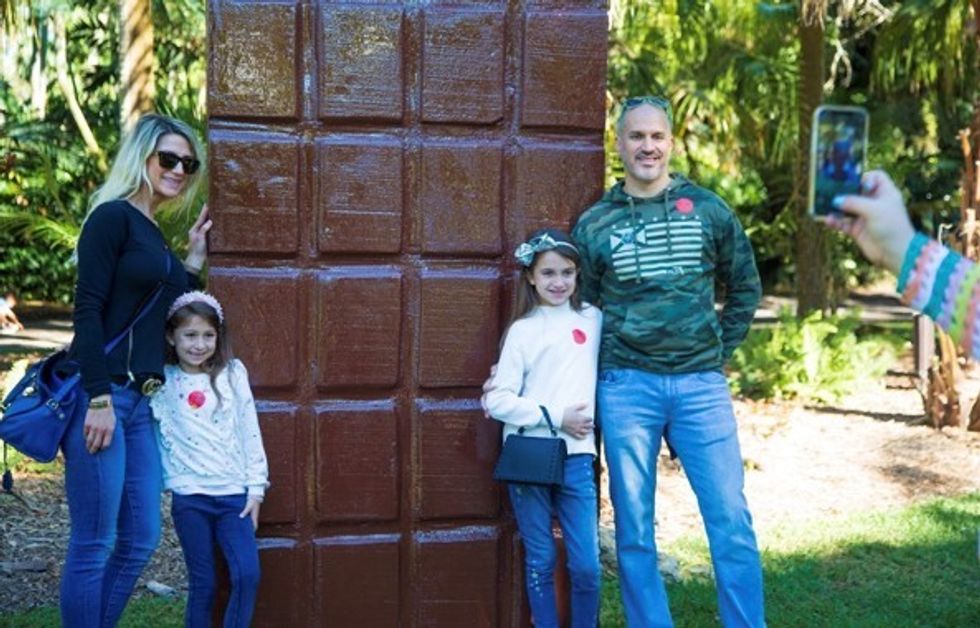
“When we engage with clients and look at what their immediate KPIs are, what return they're looking for the immediate future, we also focus on the long-term results because often the picture from year-to-year changes dramatically, the more you invest in experiential marketing.”
Epic Entertainment and Dark Harbor
Giving an example of experiential marketing in action, Hill and Sheldon talk about Epic Entertainment Group’s work on Queen Mary’s Dark Harbor, an experience that is rooted in the stories of the historic ship in Long Beach, California, and its haunted past.
"We loved working with the Queen Mary,” says Sheldon. “We built an entire event programme for them, and Dark Harbor was one that we helped to rebrand. It was an existing event that we essentially rebranded and reformatted to create an entirely new experience. With this project, we were able to turn what was a very respected small haunt into an almost internationally known and very well-respected award-winning experience."
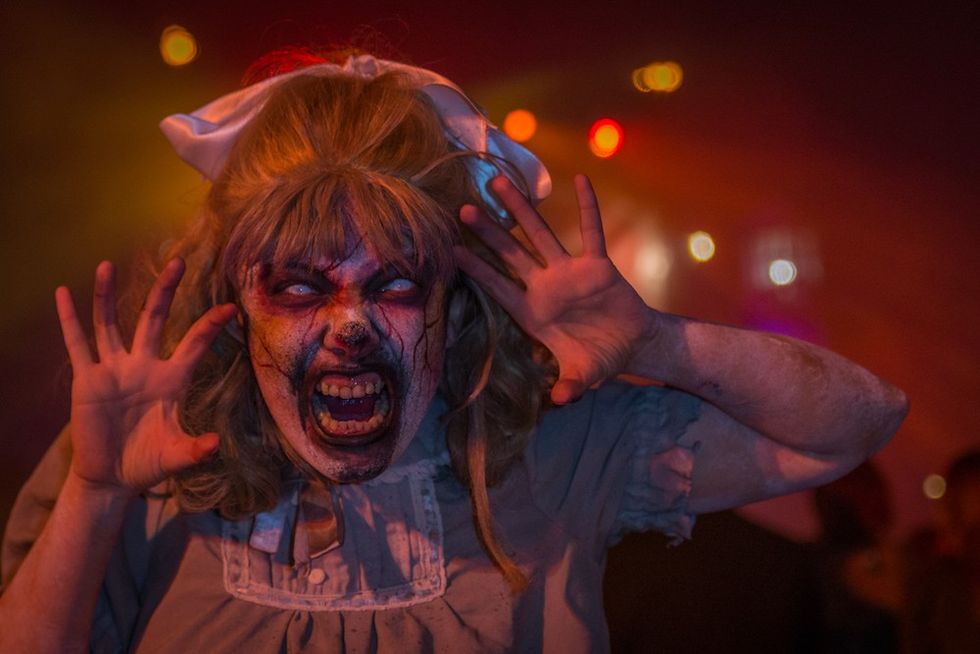
“When we started, I don't think they knew what the goal was. They knew they had this event that wasn't doing great. But it was a good concept, it just needed to grow some legs and fly. So, we kind of had free rein to do what we felt was needed to create this incredible experience.
“That’s why it is one of our favourites because we were able to run with it and do what we wanted. I don't think we were told no for any of the experiences we wanted to create. So, we were able to create that multisensory deep experience for those who wanted to dive in and be engaged with that experience. It's also an event that has a wide appeal.
"We were able to grow that audience attendance year over year by astronomical numbers, a three-figure increase over five years.”
Story is key
Dark Harbor, says Hill, is a perfect example of making sure that you choose the right story:
“You've got a property that is considered one of the most haunted places on earth. So where is better to do a haunted attraction? We could dive into the history and story, and really capitalise on that.”
The success of this attraction also illustrates the importance of understanding your consumer:
“Something we saw in researching the haunted attraction market was that there was a need for a different experience for an older demographic. Our demographic with Dark Harbor skewed up to the upper 20s to mid-30s, because we started creating programmes that spoke to them. We did a secret bar experience and we looked at queue line entertainment, thinking about how we could change the industry and forge forward that suspension of disbelief."
“We thought about how we keep our consumer engaged in that story longer than just the x number of minutes it takes to get through a maze or a haunted house by extending the experience into the queue line, with entertainment driving story all the way through, and a secret bar inside so that they could stay longer and rub elbows with our monsters.
“You've got to continue to think outside the box. You need to stay at the forefront of what it is that you're doing while expanding your demographic and carving out new revenue streams and different ways to tell the story and capitalising on all of the assets that you have at hand.
“By doing that, we were able to make Dark Harbor not just successful and beloved in its own right, but also very profitable.”
Thinking outside of the box with experiential marketing
Halloween is one night that most haunts don't want people to dress up for. That's because it can pose a safety issue, creating confusion between monsters and non-monsters.
“But Halloween was one of our least attended nights," says Sheldon. "So, we sat down and said how can we turn Halloween into our winning night. We became the first one in Southern California to allow costumes. There was a lot of work going into that on the back end, and a lot of eyebrows were raised. That was one of those times when we were not told no, thankfully. And it turned into one of the most successful nights of the year.”
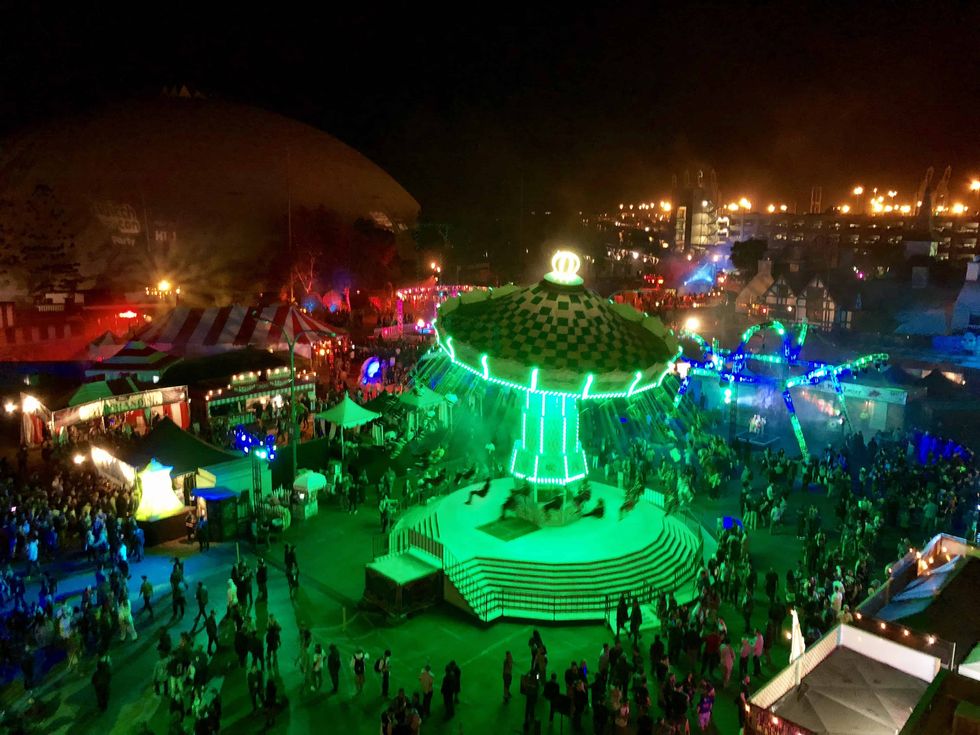
“That happened a lot with Dark Harbor,” adds Hill. “It's really easy to get caught up in what the industry standards are and to forget to push the envelope. Being able to have the foresight and ingenuity to say, ‘Why has this never been done before?’ can lead to something amazing.”
What’s next for Epic?
Looking ahead, there are several interesting projects in the pipeline for Epic Entertainment Group.
“We now have a full-time presence in Fairchild Tropical Botanic Garden in Miami, where we have more than 40 events on the calendar this year,” says Sheldon. “That's exciting and we're always happy to be there. We'll also be back at Hershey Park again this year doing Dark Nights for Halloween and working with that team again. We're excited about that.
“Then we'll be back at Hotel del Coronado at Christmas with their holiday activation and light show, expanding that presence. Plus there are more projects on the way!”
To conclude, Hill says:
“For us, the idea of marrying entertainment and events with marketing is a no-brainer. There are so many businesses that keep those departments separate and it's time to combine them, and create something wonderful.”
All images kind courtesy of Epic Entertainment. Top image: Family & Light Show – Hotel Del Coronado
Charlotte Coates is blooloop's editor. She is from Brighton, UK and previously worked as a librarian. She has a strong interest in arts, culture and information and graduated from the University of Sussex with a degree in English Literature. Charlotte can usually be found either with her head in a book or planning her next travel adventure.





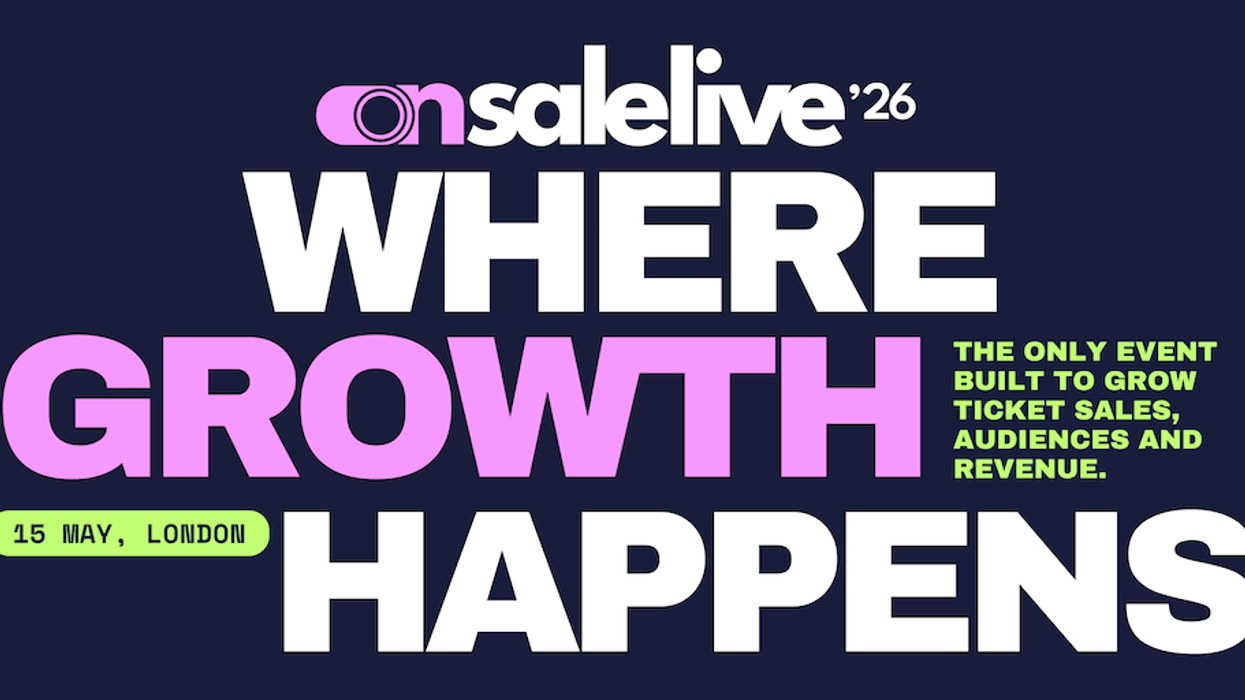


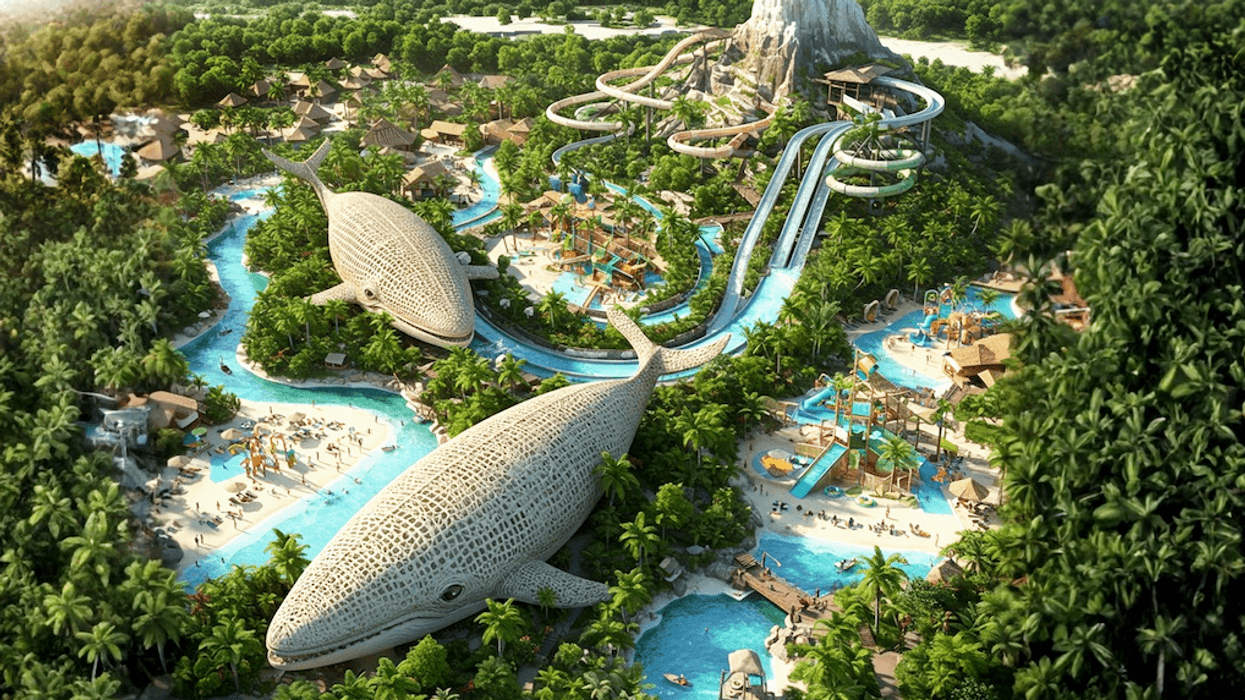
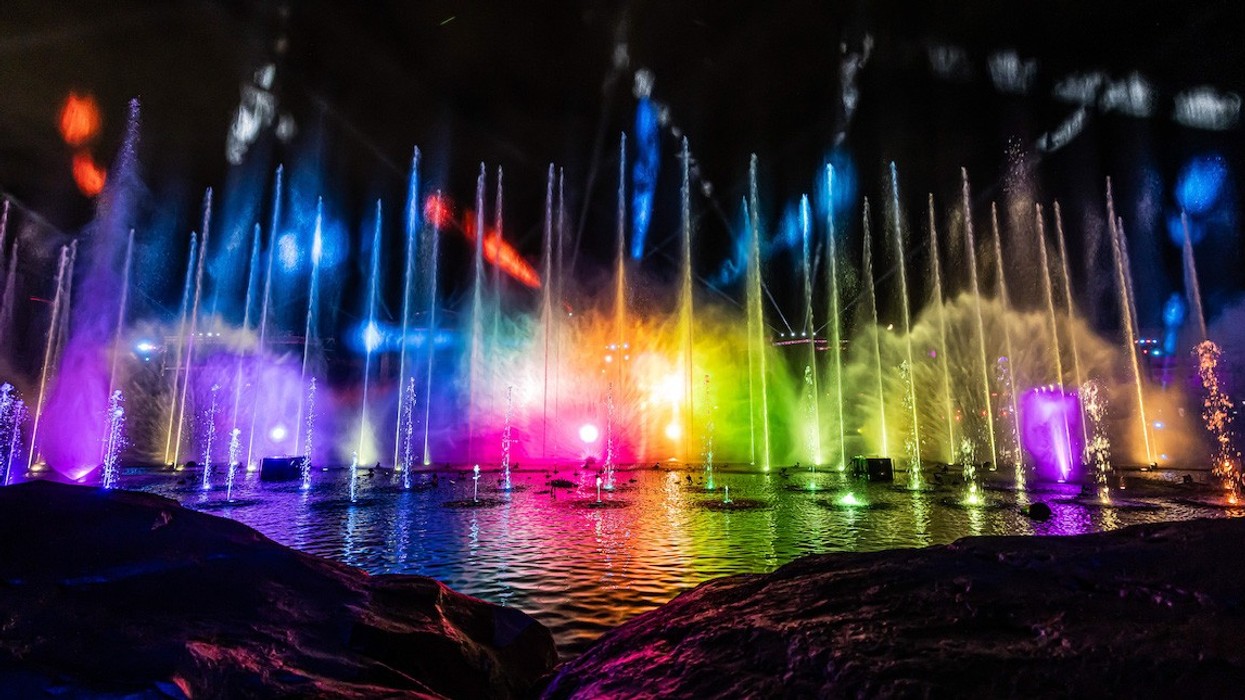
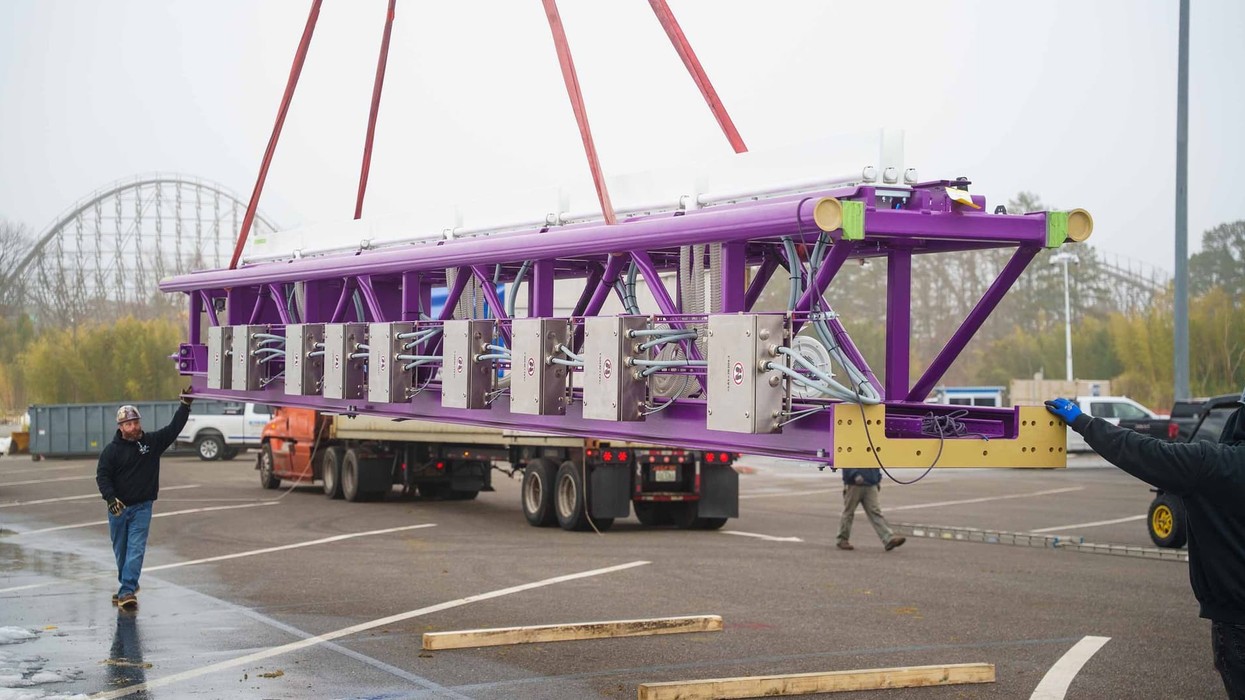
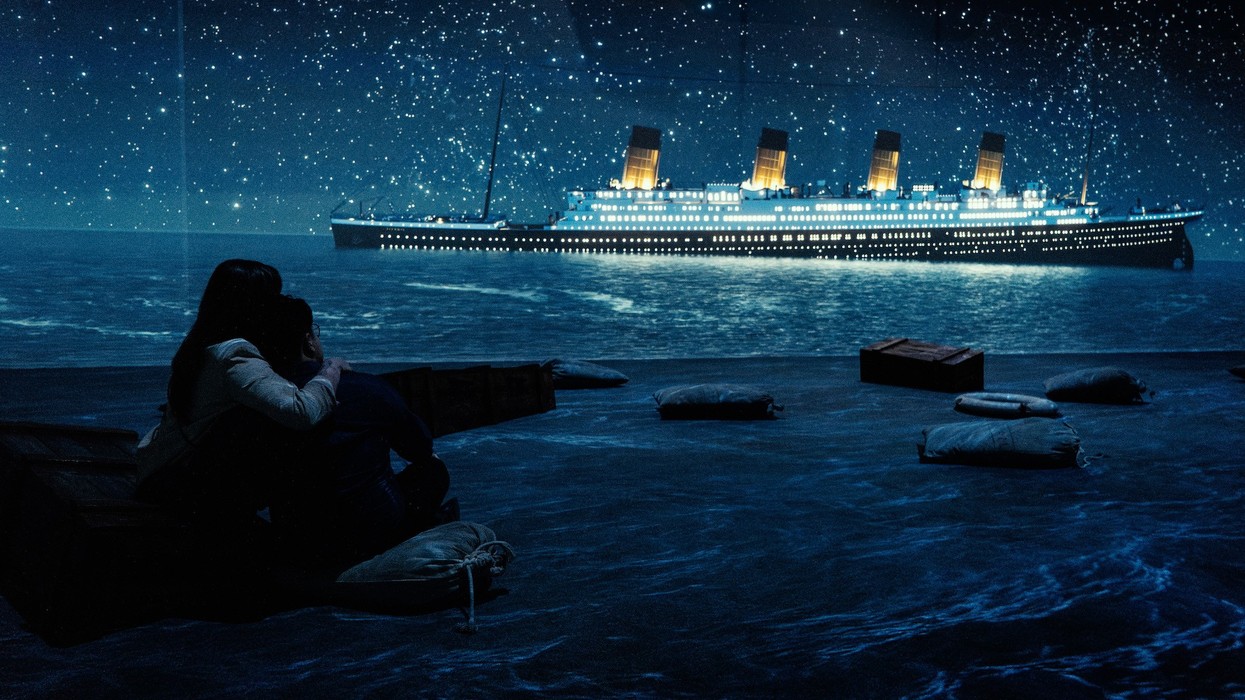
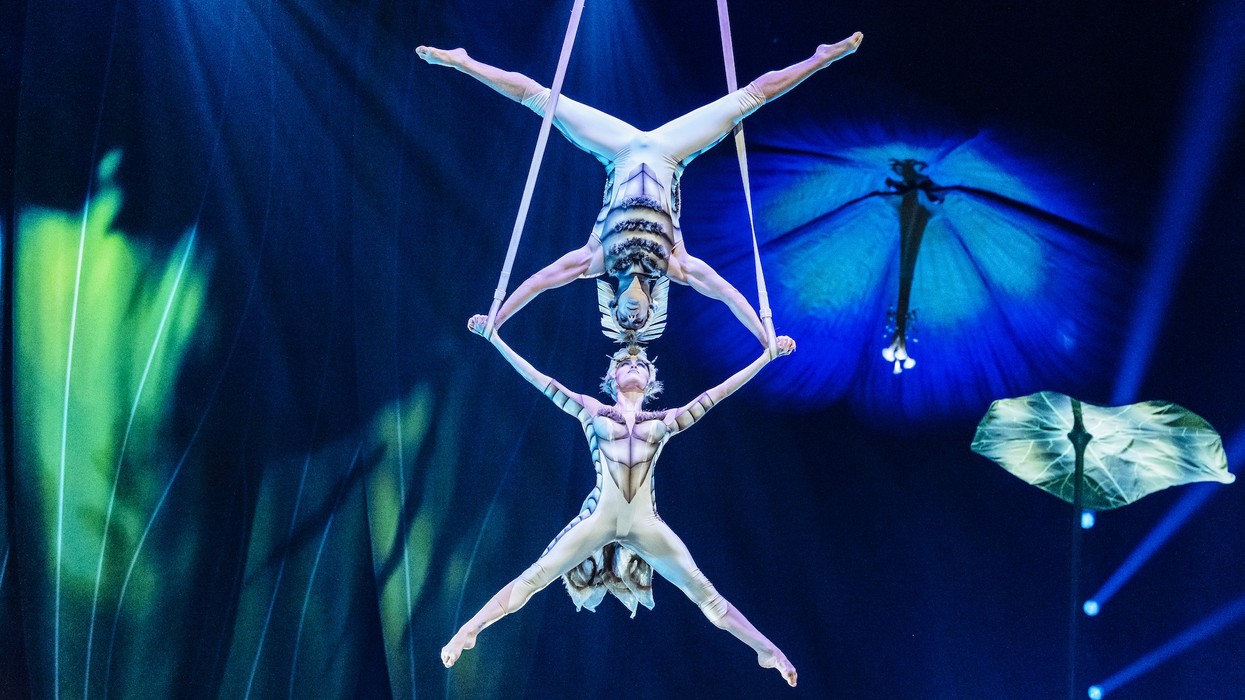
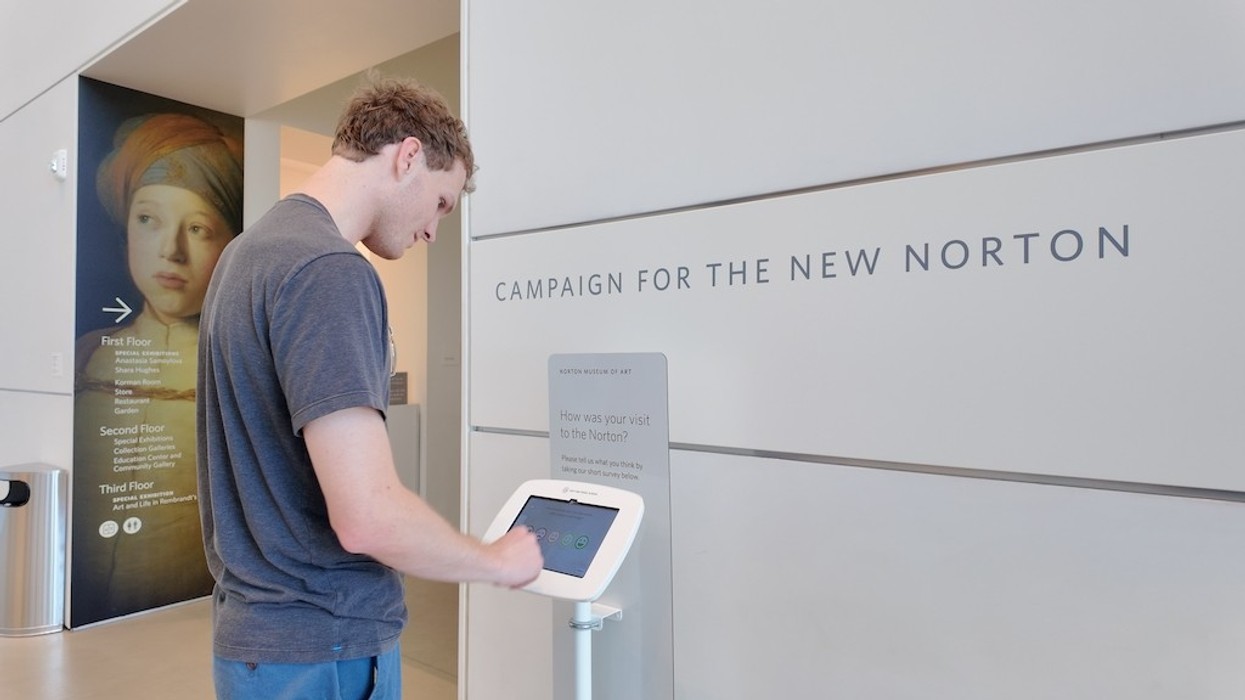




 Cirque du Soleil's OVO
Cirque du Soleil's OVO Sphere, Las Vegas
Sphere, Las Vegas F1 Drive – London
F1 Drive – London West End Live
West End Live F1 Drive – London
F1 Drive – London